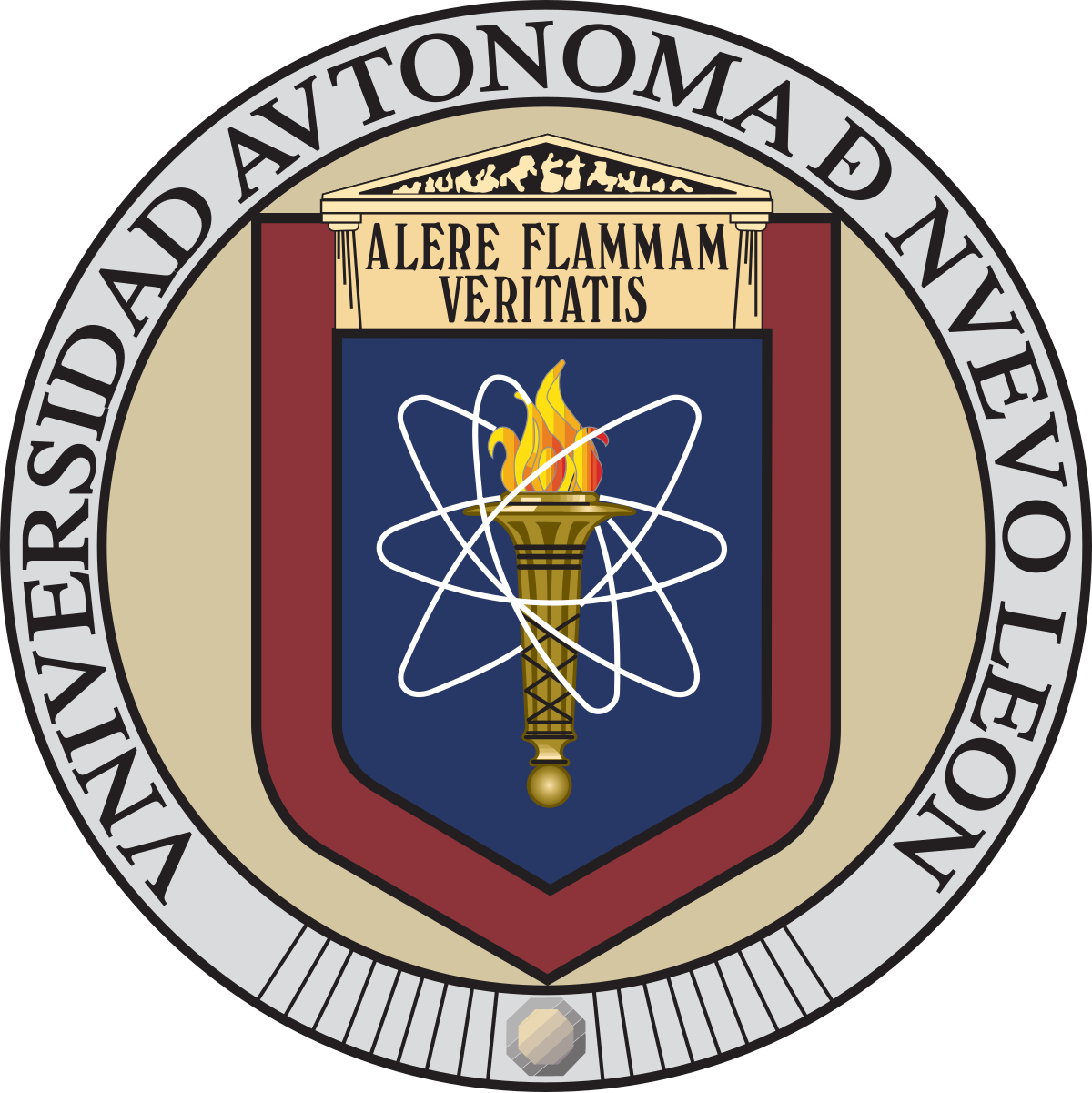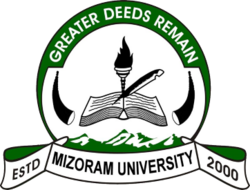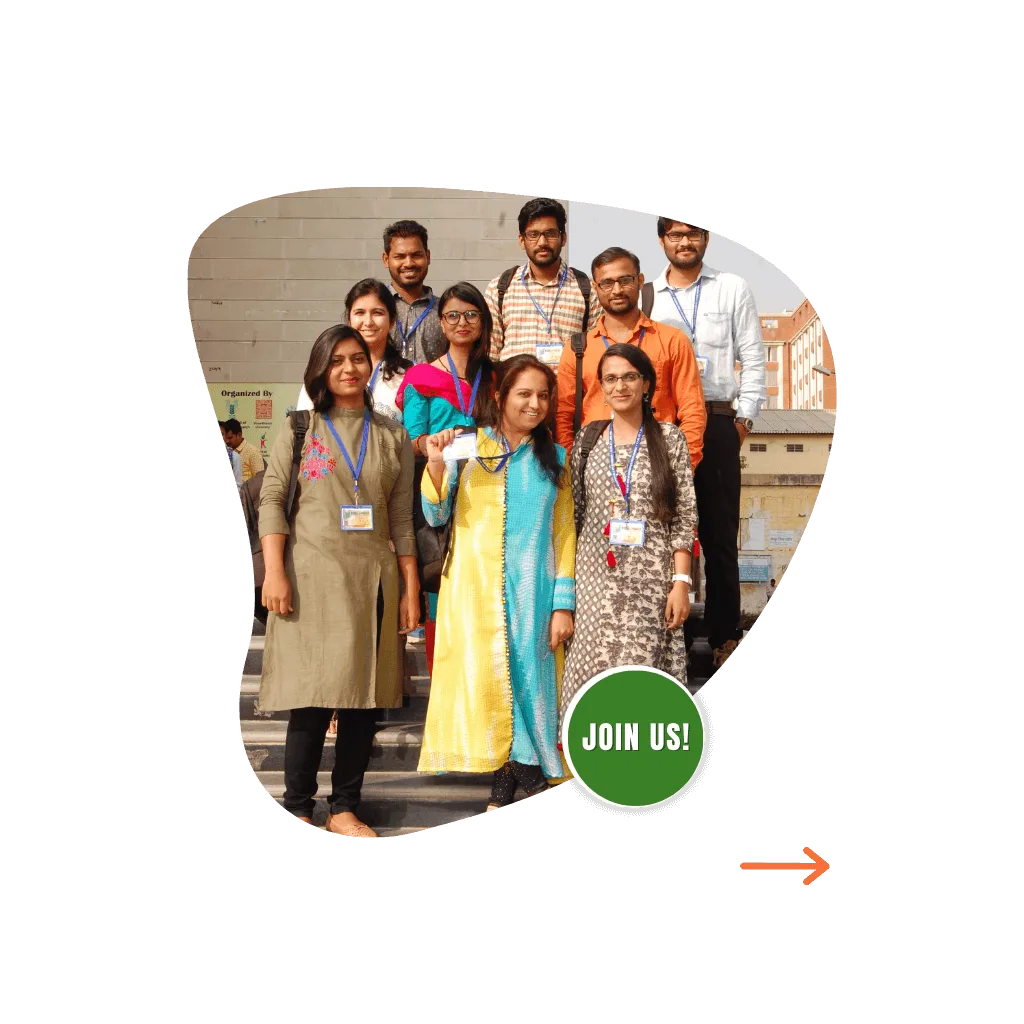About Conference
Learn about our mission & vision
Venue & Locations
Find the conference locations easily
Event Schedule
Check all keynotes & workshops
Registration Fee
Details of participation charges
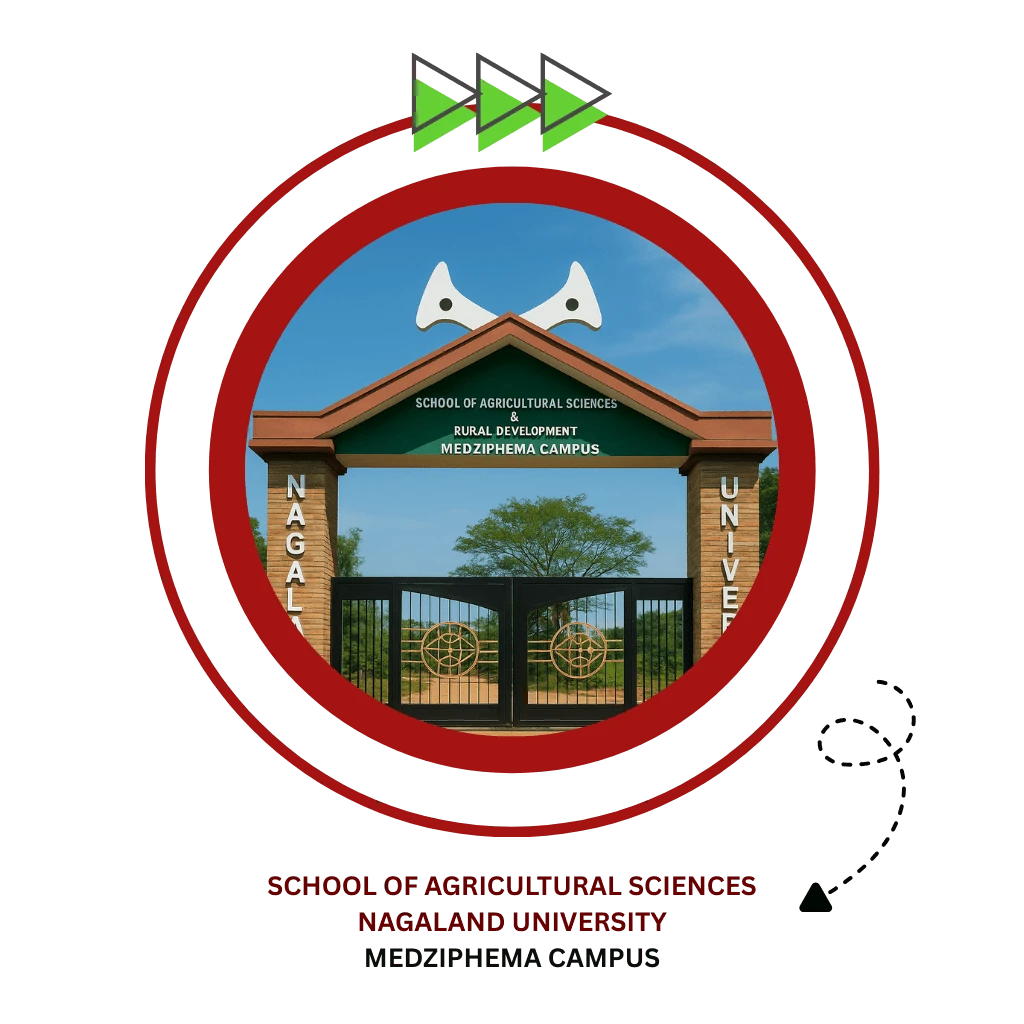
Invitation
It is a great pleasure to announce the organization of the 4th International Conference on Bioresource & Stress Management (ICBSM), to be held during 17–20 February 2026 at Medziphema, Nagaland, India. Our 1st ICBSM was held in Kolkata, 2nd ICBSM in Hyderabad, and 3rd ICBSM in Jaipur.
The Conference will provide an opportunity to share ideas and research findings on bioresource management and conservation among scholars and scientific communities from India and abroad for enlightenment and advancement of knowledge.
The three days scientific programme will also feature presentations addressing major Conference themes by nationally and internationally renowned scholars and scientists. We eagerly look forward to welcoming you at the venue of the 4th ICBSM.

Prof. Humberto Gonzalez Rodriguez
Patron, 4th ICBSM

Prof. L. Tongpang Longkumer
Convener, 4th ICBSM
Conference Information
Infamous as the Land of the Head Hunters and often referred to as the Switzerland of the East, Nagaland is one of the Seven Sister States in northeast India, bordered by Arunachal Pradesh to the north, Manipur to the south, and Assam to the west.
Until 1957, Nagaland was a district of Assam known as the Naga Hills. The State of Nagaland was formally inaugurated on 1 December 1963, and a democratically elected government took office in 1964. Today, Nagaland stands as a treasure-trove of natural and cultural resources.
Kohima is the capital city, while the twin Chümoukedima–Dimapur forms the largest city. Historically, Samagudting (now Chümoukedima) was the headquarters of the Naga Hills Government from 1848 to 1877, before being shifted to Kohima.
Weather in Nagaland remains pleasant for about eight months (mid-October to mid-June) and humid for the remaining months. Annual rainfall averages 1,800–2,500 mm, with temperatures ranging from 21°C to 40°C.
Medziphema—the venue of the Conference—is located about 20 km from Chümoukedima–Dimapur. From its hills, one can view the Burrail Range in the south, hills and forests in the west, the Dhansiri Valley in the east, and the Doboka Hills in the north, behind which lies the mighty Brahmaputra River, the Bhutan hills, and the towering Himalayas.
The Patkai Range, part of the Eastern Highlands, passes through Nagaland. Though less rugged than the Himalayas, its peaks add to the region’s natural grandeur.
Nagaland is home to at least 16 recognized tribes including Angami, Ao, Lotha, Rengma, Sema, Zeliang, and Kachari. These tribes are often grouped into two broad sections—the kilted (Angamis) and the non-kilted tribes. The Angamis, in particular, stand out with their unique dress, architecture, and cultivation methods, making them distinct from all other tribes.
Bioresource & Stress Management:
A Glocal Perspective With the theme Bioresource & Stress Management: a Glocal Perspective the 4th ICBSM focuses on local actions contributing towards bioresource and stress management at global level with the following sub themes:
- Bioresource conservation and management
- Seed science and technology
- Renewable sources of energy
- Green technology
- Soil biology, health, quality and nutrient cycling
- Under-utilized crops and endangered species
- Ethnobotany and traditional herbal medicines
- Physiology and Phytochemistry of plants
- Indian and indigenous technological knowledges (ITKs)
- Sustainable crop, water and soil management
- RS and GIS applications in biodiversity management
- Sustainable use and conservation of native flora and fauna
- Veterinary anatomy
- Animal nutrition and health management
- Veterinary physiology and biochemistry
- Livestock disease, diagnosis and management
- Animal genetics and breeding, gynecology, and obstetrics
- Veterinary surgery and radiology
- Sustainable livestock production technology
- Veterinary public health and epidemiology
- Wildlife conservation and management
- Marine, inland, brackish water fisheries
- Fish biology and toxicology
- Aquaculture and aquaponics
- Fish genetics and biotechnology
- Fish health and disease management
- Fish processing and value addition
- Livelihood of fishing communities
- Fishery economics
- Farming systems and approaches
- Regenerative, natural, organic and hill farming
- Urban and vertical farming
- Family, peasant, cooperative farming, and integrated farming
- Conservation agriculture and homestead farming
- Multi-enterprise systems aiming farm productivity and profitability
- Rural and urban forestry
- Plant fibre and textile
- Forest fire and management
- Wood anatomy, wood technology, and bio-energy
- Agroforestry, biodiversity and eco-tourism
- Forest ecosystem and management
- Mangrove ecosystem services and management
- Innovations in Forestry
- Weeds, pests and diseases, their resurgence
- Integrated approaches and management for pest and diseases
- Climate change impact, adaptation and mitigation
- Climate smart farming, resilient agro-technologies
- Greenhouse gases, global warming, pollution, mitigation strategies
- Emerging trends in global carbon trading and rural livelihoods
- Agro-ecological approaches for food system transformation
- Germplasm identification, conservation, and exchange
- Crop improvement and management for post-harvest quality
- Hi-tech propagation, greenhouse technology
- Protected production technology
- GM crops and biotechnology
- Mechanisation & automation in horticulture
- Smart processing & value addition
- Supply chain management and logistics
- Silkworm rearing, silkworm plant cultivation
- Innovations in agri-economics, marketing, and trade
- Transfer of technology, diffusion and adoption of innovation
- Agri-technologies and policies (ITKs, ICTs, FPOs, NGOs etc.)
- Agri-start-up ecosystem and entrepreneurship development
- Gender issues in Agriculture and allied sectors
- New vistas in agricultural statistics
- Artificial intelligence, machine learning, robotics, big data analysis
- Intellectual property rights (IPRs)
- Public-private partnership
- NEP 2020 in Agriculture and allied sectors
Registration fee does not include accommodation charges. Accommodation will be arranged in the guest houses and hotels as per the choice of the participants. For details please visit www.bsmconf.in.
Post Conference Study Tour will be arranged for the registered participants and accompanying persons to explore Nagaland’s rich heritage, culture & biodiversity.
Benreu Village
One of the world’s highest biodiversity hotspotsKhonoma Village
200+ years Alder-based Jhum farmingState Museum
Kisama Heritage Village
Hornbill Festival SiteWorld War II Memorial
Kachari Ruins
Ruins of Kachari KingdomDepending upon the number of participants, a token of tour fees will be borne by the participants. For details please visit www.bsmconf.in.
Abstract submission opens
15 Sep 2025
Abstract submission closes
31 Dec 2025
Full paper submission closes
31 Dec 2025
Early bird registration closes
15 Dec 2025
Late registration closes
15 Jan 2026
Registration for paid tour closes
31 Jan 2026
Registration, inaugural & plenary lectures
17 Feb 2026
Technical sessions (oral & poster)
18 Feb 2026
Technical sessions & valedictory function
19 Feb 2026
Post conference study tour
20 Feb 2026
Visa
All foreign nationals entering India are required to possess a valid international travel document in the form of a national passport with a valid visa obtained from an Indian Mission or Post abroad.
All visa seekers are requested to apply for the Indian visa online. For details please Visit: www.indianvisaonline.gov.in
ILP (Inner Line Permit)
All Indian nationals outside Nagaland are required to obtain an Inner Line Permit (ILP) to enter inside the territory of Nagaland.
Please visit Nagaland Government Website for obtaining ILP online. Conference committee will facilitate. We will intimate you in time.
How to Reach the Conference Venue
The School of Agricultural Sciences, Nagaland University, Medziphema, Chümoukedima, Nagaland, India is the venue of the Conference.
By Air
Dimapur Airport is about 20 km away. Flights available from Kolkata and Guwahati.
By Rail
Dimapur Railway Station is approx. 25 km. Trains run from Howrah, Sealdah, and Guwahati.
By Road
Limited buses and taxis operate from Guwahati and Imphal to the venue.
School of Agricultural Sciences, Nagaland University
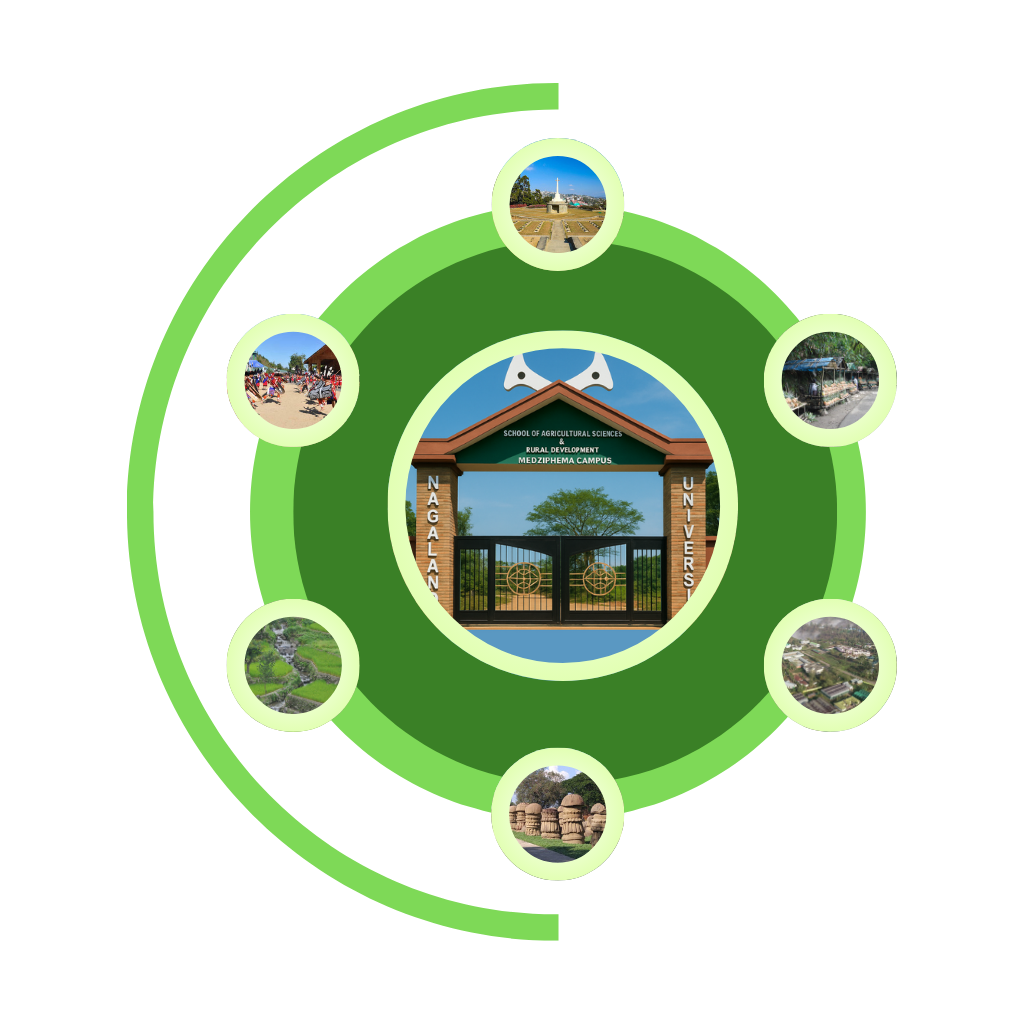
Organized By
This conference is proudly organized by leading experts and institutions in the field, bringing together technical collaborators and publishing partners to ensure a world-class experience for all participants. Their combined expertise ensures innovation, quality, and seamless coordination throughout the event.
Ready to Share Your Research?
Submit your abstract today and be part of the 4th International Conference in Nagaland.
Submit Your Abstract

